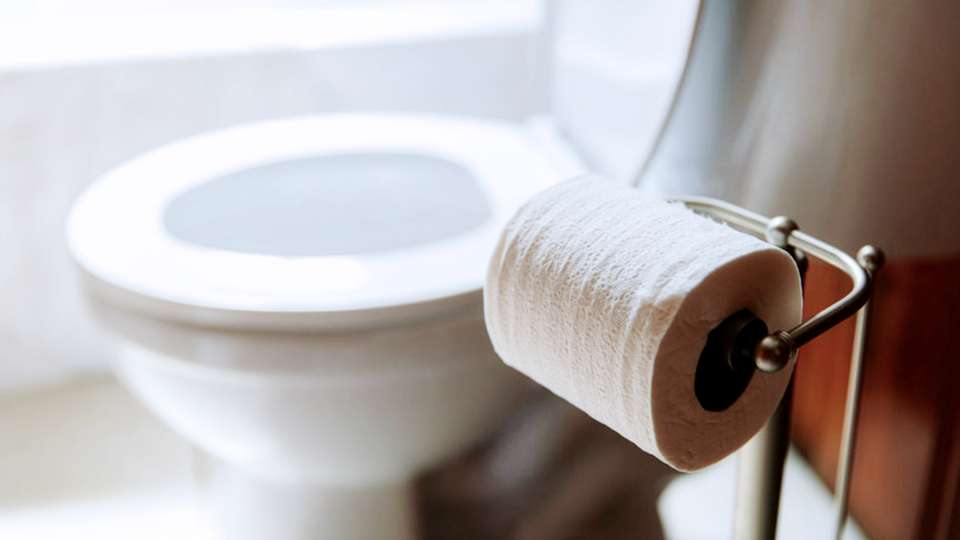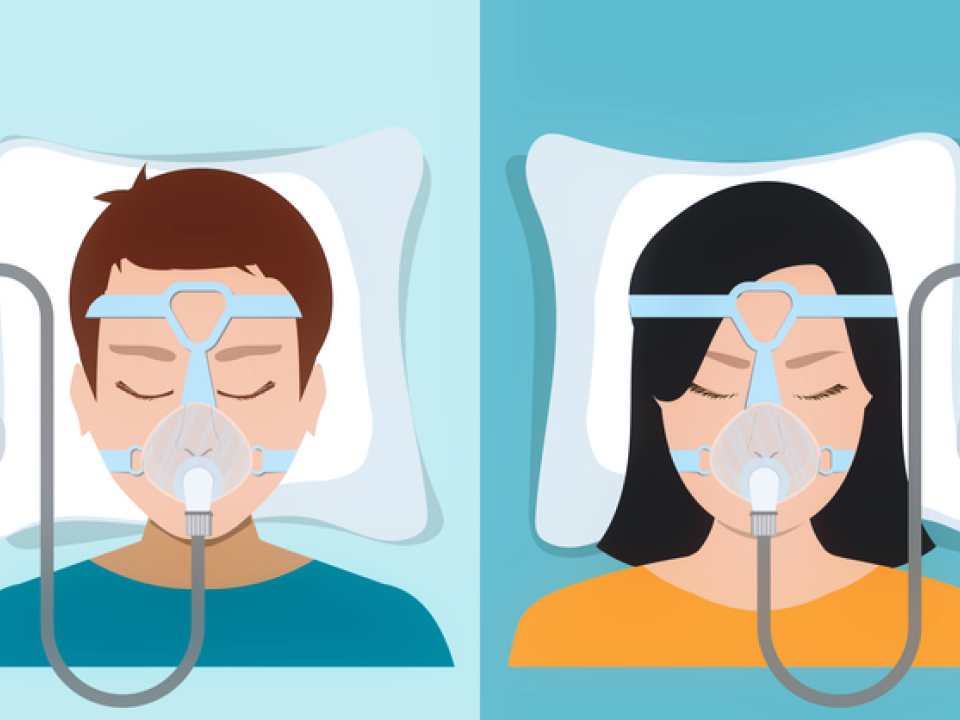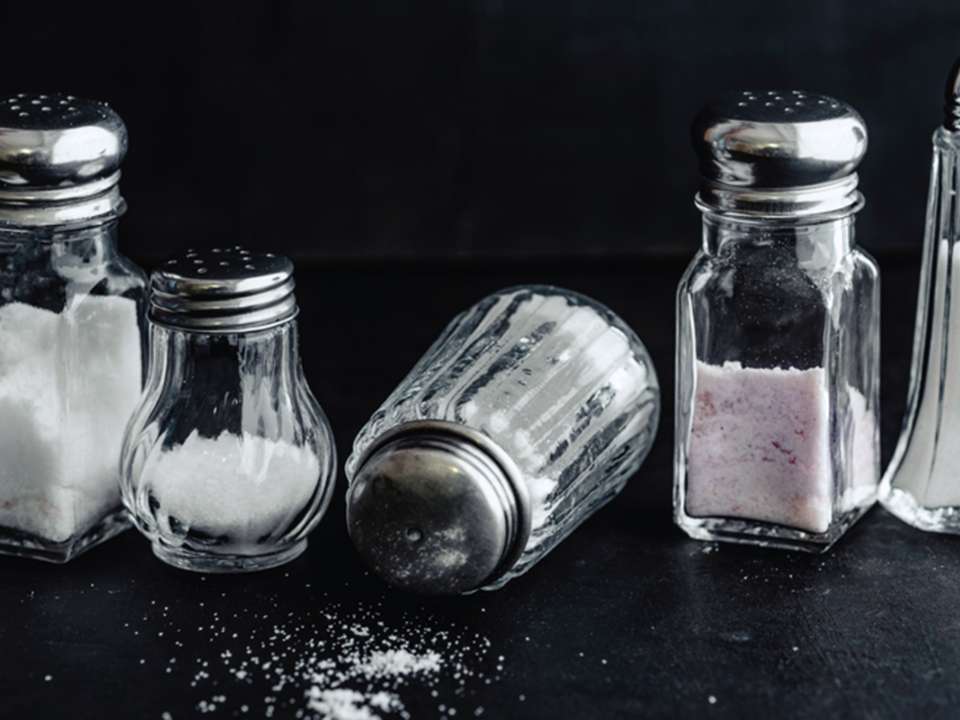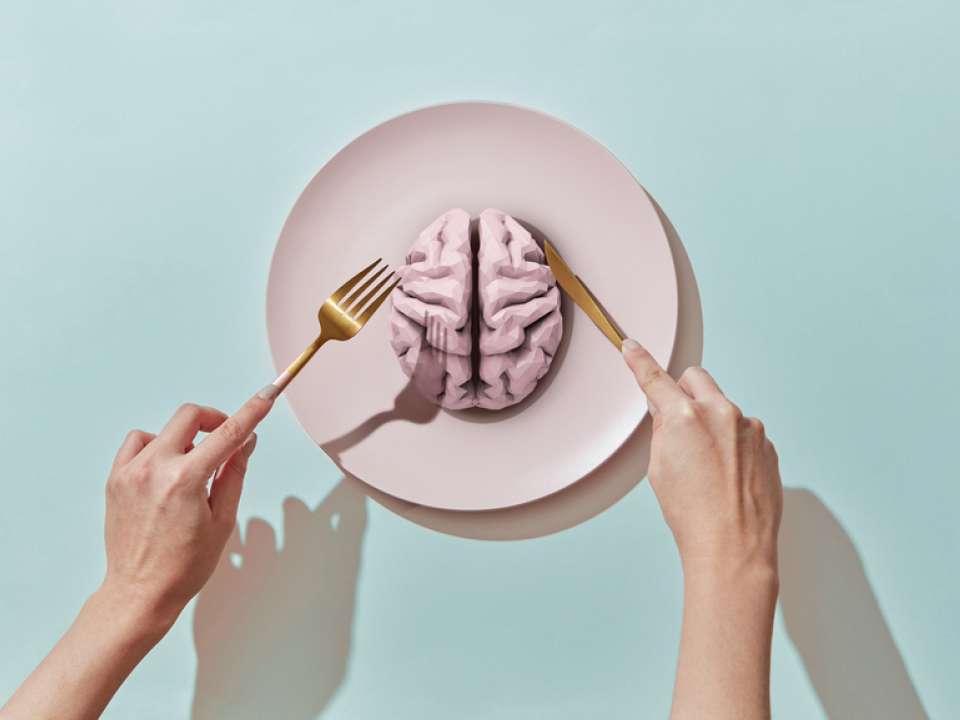
Call them hemorrhoids, piles or just a (literal) pain in the behind. If you’re stressing every time you need to park it on the porcelain throne, you’re not alone.
By the time you turn 50, more than half of your peers will have experienced hemorrhoids at least once in their lives, proving that misery does indeed love company.
“Hemorrhoids are extremely common,” says Ashley Schmaing, a physician assistant at the Gastroenterology Clinic at Harborview Medical Center. “And even then, the true prevalence is unknown because not everyone reports them to their healthcare provider or can even tell that they have them.”
What are hemorrhoids?
You know that hemorrhoids can cause irritation, pain and even bleeding during bowel movements, but what exactly are these number two nightmares? Think of them like varicose veins, but for your behind.
Hemorrhoids are swollen and inflamed blood vessels (aka veins) in or near your anus and rectum, the chamber at the end of your large intestine.
Internal hemorrhoids can form in the lining of your rectum or anal cavity and, in the most severe cases, may even protrude out. External ones, on the other hand, may feel like bumps underneath the skin around your anus.
Just because you see blood in your stool, it doesn’t automatically mean you have hemorrhoids, either. Bleeding during a bowel movement can be due to a variety of things, from something as common as an anal fissure or tear to more serious conditions like intestinal bleeding or colon cancer.
If that isn’t ugh-worthy enough for you, here’s the clincher: You may not even know you have hemorrhoids. While some cases of the piles are painful and itchy, others can be long-lasting without any symptoms.
Why do I get hemorrhoids?
Have you heard that hemorrhoids are caused by sitting on a cold, wet surface? Or that you got them because you ate too much spicy food? Or that it’s a condition only older populations have to worry about? False, false and false again, Schmaing says.
“The truth is that the exact method of hemorrhoid formation is unknown,” she explains.
All that said, the experts do have some pretty good hunches about what may be triggering your latest flare-up. The most likely causes are increased pressure in your abdomen and pelvis, as well as a natural weakening of the body tissue surrounding your veins, which allows them to bulge.
That’s why hemorrhoids often occur in pregnant women, people who lift heavy objects like weightlifters and those who repeatedly push or strain to do their business, often due to constipation or diarrhea.
It also explains why many people think that piles are only a concern as you age. While it’s most common between the ages of 45 and 65, unfortunately, the reality is that you can get hemorrhoids at any age. (Oh, joy.)
Even though what you eat — or don’t eat – doesn’t directly cause hemorrhoids, your diet can also play a huge role. For example, if you don’t consume enough water or fiber, you’re more likely to become constipated. With all that increased straining, well, you see how this all flushes out.
In other cases, digestive disorders that commonly feature symptoms of diarrhea and constipation, such as irritable bowel syndrome, can also indirectly trigger a case of the piles.
Do hemorrhoids go away on their own?
If you already have hemorrhoids, you’re probably wondering what you can do to get rid of them ASAP. Luckily, you may not have to do much of anything.
“Most hemorrhoids resolve spontaneously or respond well to conservative treatment measures,” Schmaing says.
Smaller hemorrhoids may clear up on their own in just a few days. But larger, more severe ones can take longer to soothe and may cause discomfort. If that’s the case, don’t be afraid to pay a visit to your doctor.
“While most hemorrhoids may resolve on their own, it’s always a good idea to see your primary care provider if you experience any symptoms of rectal pain, itching or bleeding,” Schmaing explains. “Most medical professionals are trained to treat hemorrhoids because they’re so common, and they can refer you to a specialist, if needed.”
How can I treat hemorrhoids at home?
While a case of the piles can disappear as quickly and randomly as it popped up, there are a few home remedies you can try to prevent future occurrences or help move things along if you’re currently dealing with a flare-up.
For starters, put away your phone. If you’re among the 75% of Americans who admit to using their phones while on the toilet, heed this warning: Your habit of scrolling through your social media feed while on the can may prolong your pushing and straining when you go number two. It’s better to do your business and then be on your way.
Another preventive measure is to up your water intake (a good idea anyway) and increase your fiber to keep your plumbing working properly. If you’re really constipated, you can consider an over-the-counter laxative or stool softener as well.
For uncomfortable hemorrhoids, Schmaing suggests pain-relieving creams, witch hazel, warm sitz baths or moist towelettes to help soothe the affected area.
“If these treatments are ineffective, a healthcare provider may be able to prescribe other creams or medications,” she adds.
When should I worry about hemorrhoids?
Let’s say you’ve waited it out and tried home remedies to no avail. If your hemorrhoids are still bothering you after several days, it may be time to seek out a medical professional.
Your doctor will check to make sure you’re actually experiencing hemorrhoids and not something else like a digestive disorder, inflammation of the colon, intestinal bleeding or colon cancer.
If it’s really just pesky piles that refuse to go away, you can ask about minimally invasive options to help them resolve more quickly. The most common of these procedures is a rubber band ligation, where a rubber band is placed around an internal hemorrhoid to cut off its circulation, but other choices range from an injection to use of an infrared light.
With the right amount of care, hopefully you’ll be back to your regularly scheduled programming in no time.

 Healthy ideas for your inbox
Healthy ideas for your inbox





